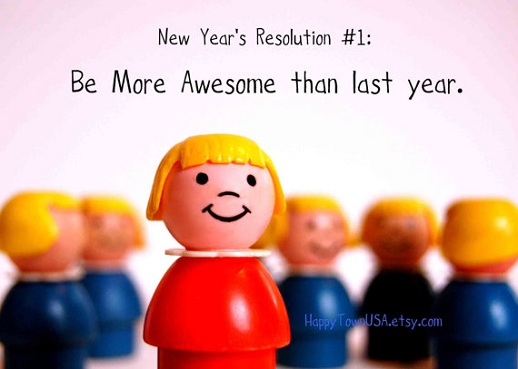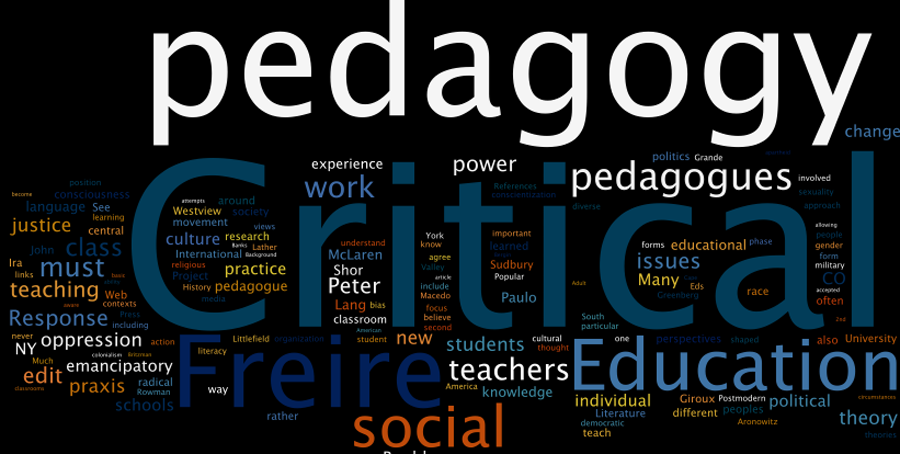"Unlike perhaps any other institution in the world, they [public schools, colleges and universities] embrace the long view and nurture the kind of critical perspectives that look far beyond the present.”~ Drew Gilpin Faust, current president of Harvard University
Critical Pedagogy is something I sort of peek through the window to check on every once in awhile, just to see if it's still there (via Twitter chat, obviously:) ).
There is an optional discussion for #IDE15ALA about this topic, and while I'm a little late to the party, I want to engage in this discussion, primarily to really understand it's importance to libraries and it's influence on education.
Let's start with where all good research should start: the Wikipedia definition of Critical Pedagogy, which quotes one of its advocates at the beginning:

"Habits of thought, reading, writing, and speaking which go beneath surface meaning, first impressions, dominant myths, official pronouncements, traditional clichés, received wisdom, and mere opinions, to understand the deep meaning, root causes, social context, ideology, and personal consequences of any action, event, object, process, organization, experience, text, subject matter, policy, mass media, or discourse."~ Ira Shor (Empowering Education, 129)
 The first word that jumps out at me is, ironically, the first word. Critical pedagogy is embodied as a habit. Habits, of course, are repeated actions that we do as second nature, without necessarily realizing we are doing it. But, as anyone who has created a New Year's resolution can tell you, creating, or adding, a habit to one's life takes discipline and time.
The first word that jumps out at me is, ironically, the first word. Critical pedagogy is embodied as a habit. Habits, of course, are repeated actions that we do as second nature, without necessarily realizing we are doing it. But, as anyone who has created a New Year's resolution can tell you, creating, or adding, a habit to one's life takes discipline and time. So the goal of critical pedagogy must be to teach in such a way that instills these habits, even at incremental levels, into one's students. So far, I love this teaching theory. But why is it an important theory, and why is it important for library instruction?
At first glance, this method seems to be the very antithesis of library instruction. in 50 minutes or less, most academic librarians are required to teach students everything they need to know about "finding stuff'" for a particular assignment. This is very skill oriented with measurable outcomes:
- Find a relevant article (by which we, or the professor, means "scholarly and peer reviewed")
- Find a relevant book
- Show how to properly cite your source.
Compare that to the lofty quote:
"Teaching for many conservatives is often treated simply as a set of strategies and skills to use in order to teach prespecified subject matter. In this context, teaching becomes synonymous with a method, technique, or the practice of a craft—like skill training. On the other hand, critical pedagogy must be seen as a political and moral project and not a technique." ~Henry Giroux, Henry Giroux: The Necessity of Critical Pedagogy in Dark Times
Horrors! We are the robots! We teach students to stay in the box of search terms! We teach techniques! We don't worry about morals!
Does anyone else see the tension raised here? And yet, as some of my classmates pointed out in our online discussion board, library-land is rife with assumptions. Assumptions about subject headings, assumptions about authorship, assumptions about authority.
Does anyone else see the tension raised here? And yet, as some of my classmates pointed out in our online discussion board, library-land is rife with assumptions. Assumptions about subject headings, assumptions about authorship, assumptions about authority.
So maybe there is room for critical pedagogy in library instruction. Maybe there are ways to teach students to challenge some of those assumptions, even as we teach them how to use all the search tools in EBSCO. Or maybe we do some skills based pre-work (homework before class) so that we can look at these assumptions together, assessing and evaluating what it is they have actually found.
"As a moral and political practice, education produces the modes of literacy, critique, sense of social responsibility, and civic courage necessary to imbue young people with the knowledge and skills needed to enable them to be engaged critical citizens willing to fight for a sustainable and just society." ~Henry Giroux, Henry Giroux: The Necessity of Critical Pedagogy in Dark Times
What I appreciate the most about this theory is the idea that there is more to learning than these measurable skills. We are humanity, not computers, and all forms of learning, even something that seems as mundane as "finding stuff" has the ability to make us into better people. Is it lofty? Sure. Is it idealistic? Probably. But isn't this why most of us become educators in the first place?
That should be a resounding "Yes!"
That should be a resounding "Yes!"


No comments:
Post a Comment